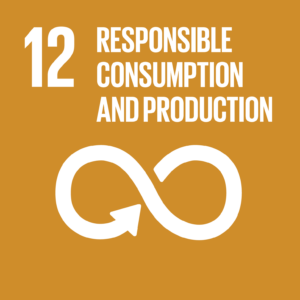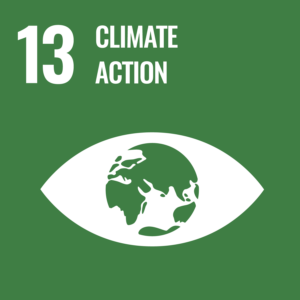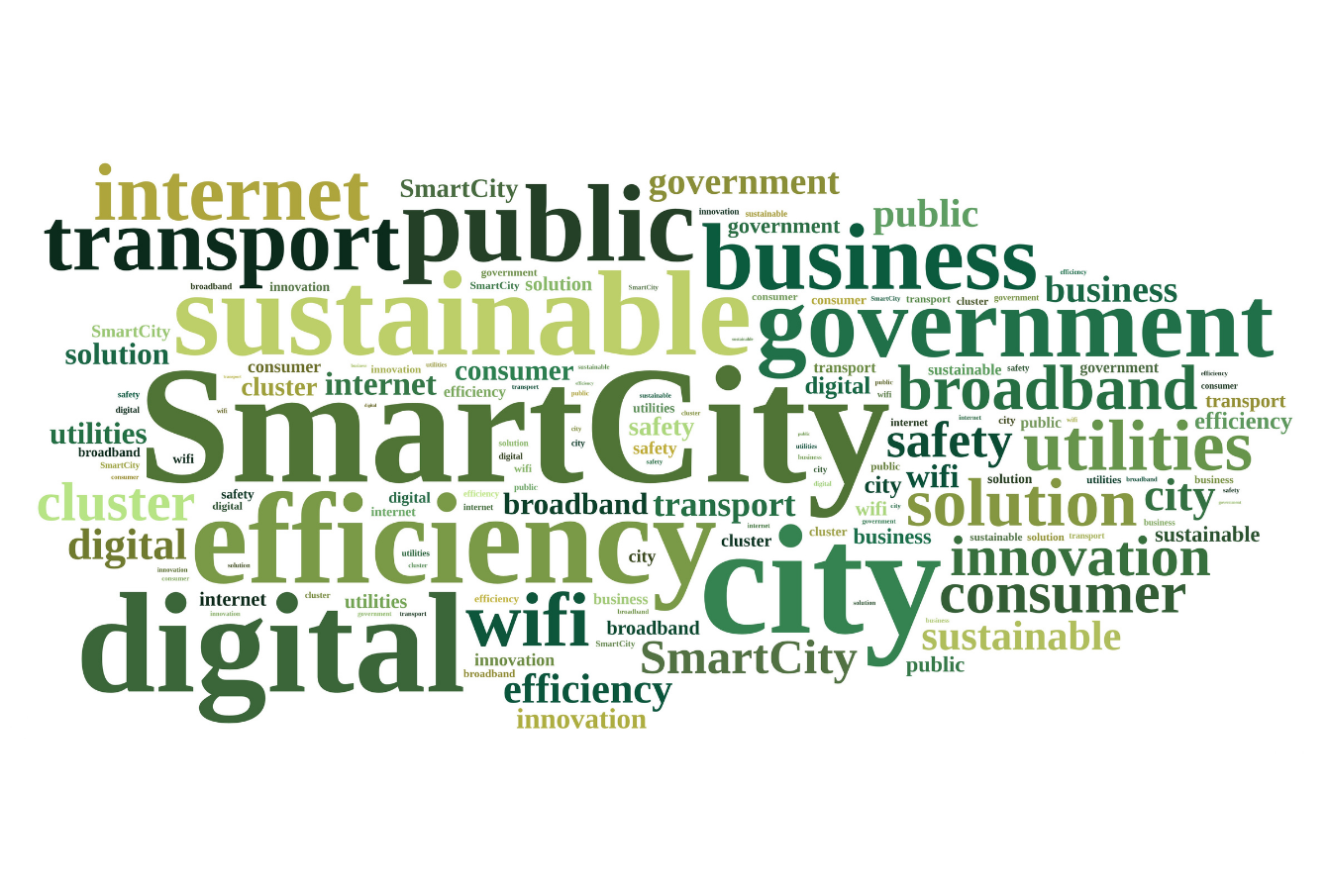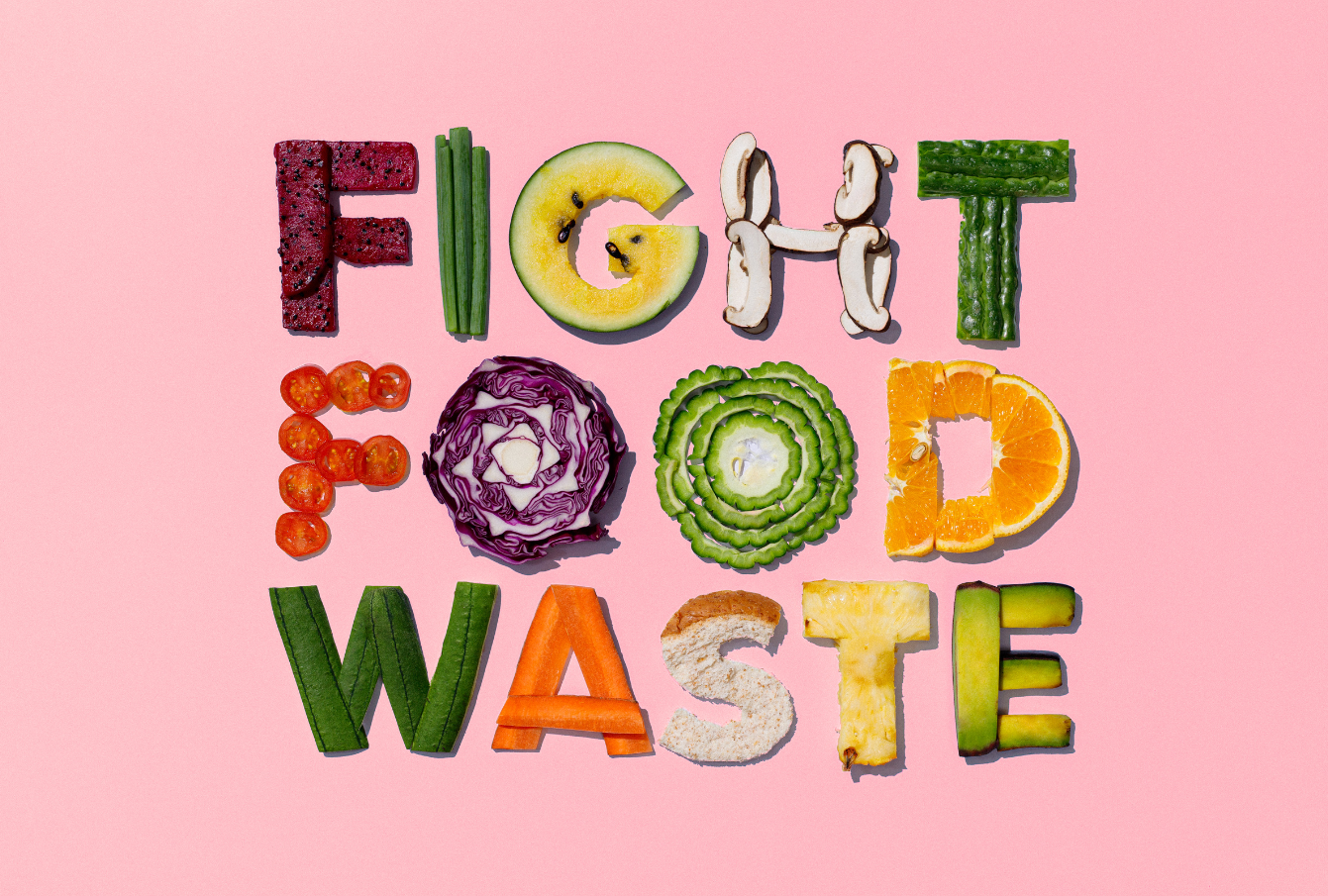 How is the EU fighting to preserve our oceans?
How is the EU fighting to preserve our oceans?
Oceans pollution is one of the main concerns affecting our community. The EU introduced measures to fight it.
The One Ocean Summit took place in Brest from 9 to 11 February 2022. On that occasion, the European Commission presented a series of initiatives to counter ocean pollution and preserve marine biodiversity.
This year, France hosted the One Planet Summit’s fifth edition, called “One Ocean Summit”. The name is due to its central theme: ocean preservation. The main leaders of all the EU Member States participated in the meeting. During the conference, president Ursula von der Leyen showed how the European Union would act to make the oceans healthier and cleaner.
Why is it important to preserve our oceans? Which are the main initiatives that the EU is planning to do?
Oceans cover more than 70% of the Earth’s surface and play a fundamental role in maintaining the living conditions we know. First, they help to regulate the climate because of the water cycle. Second, their shores provide fertile ground for agriculture. Finally, they host an extraordinary heritage of biodiversity and food resources for humans and maritime life.
Moreover, 50% of our planet’s oxygen comes from oceans. In fact, they can absorb up to 30% of the CO2 produced on Earth.
In a few words, oceans are an extraordinary heritage and now more than ever they are in danger. For this reason, the EU wants to protect them. Before finding out what the European Commission’s proposals are, let’s see the effects of sea pollution on the ecosystem and why it is important to reduce them.
Main problems caused by oceans pollution
Marine pollution comes in many ways: industries, agriculture and urban waste. Thus, human activity is the main cause of contamination. It is estimated that:
- up to 20 tonnes of plastic go into the ocean every year (almost 3kg per person every year);
- fertilizers, manure and untreated sewage pollute the oceans at a rate of 1,4 kg per person per year;
- waste oil from vehicles and machines enters the ocean at a rate of 180 gr per person per year.
Moreover, plastic trash enters the currents and breaks down into smaller pieces. Then, these are ingested by species or sink to the bottom. These circumstances caused the formation of “Dead Zones” in the ocean. A Dead zone is a part of the sea in which the phenomenon of hypoxia (the reduction of oxygen in the water) occurs. It is the worst disease that can affect a marine area. In fact, the entire ecosystem cannot survive and is forced to migrate or die, leaving vast areas deserted.
Initiatives promoted by the European Commission during the One Ocean Summit
President Ursula von der Leyen declared several major initiatives to preserve the Oceans. First of all, she announced the EU’s intention to form a new international coalition to protect the marine biodiversity on the high seas: The coalition on Biodiversity Beyond National Jurisdiction (BBNJ).
Secondly, she promoted new measures to reduce marine pollution, such as reusing or recycling 100% of plastic and eliminating all disposable products. In addition to this, the European Commission will prohibit all illegal, unreported, and unregulated fishing products from entering the market. Moreover, it will provide financial assistance through regional programs that promote sustainable fishing activities.
Besides, the EU is working to develop a calculation project that will allow researchers to simulate and monitor the world’s oceans digitally. The Commission also promoted a complete transition through zero-emissions maritime transport. In fact, it is currently negotiating with the International Maritime Organization (IMO) to find an agreement on the goal of zero-emissions maritime transport within 2050.
Finally, the President promoted research investments to restore oceans and waters by 2030. Those investments also meet the European Green Deal objectives:
- 30% protection of the EU maritime space;
- restoration of marine and river ecosystems;
- 50% reduction in plastic waste at sea, chemical pesticide uses and nutrient losses.








